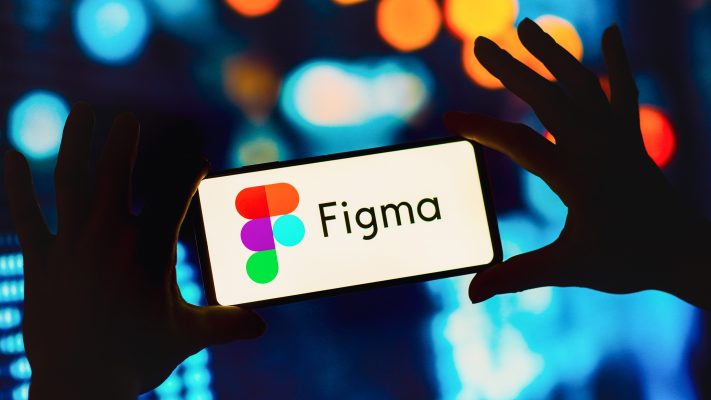Adobe’s $20 billion mega-bid to buy rival Figma is now officially dead, after the companies said today that regulatory pushback in Europe had caused them to put an end to the acquisition plans.
“Although both companies continue to believe in the merits and procompetitive benefits of the combination, Adobe and Figma mutually agreed to terminate the transaction based on a joint assessment that there is no clear path to receive necessary regulatory approvals from the European Commission and the U.K. Competition and Markets Authority,” the companies wrote in a press release today.
First announced in September last year, the deal was always going to attract regulatory scrutiny due to the size of the transaction and the fact that it took one of Adobe’s major rivals out of the picture. The U.S. Department of Justice (DOJ) had been looking closely at the deal for the better part of 2023, though it had yet to file any formal lawsuit to stop the deal from happening — but news emerged before the weekend that Adobe and Figma were meeting with the DOJ in a last-gasp attempt to avert legal action.
Irrespective of that outcome, the two companies were already facing significant headwinds in Europe. The U.K. had concluded in late November that the proposed acquisition would “harm innovation” and thus its competition authority would launch an in-depth investigation, following on from a similar outcome in the European Union (EU) which announced a similar course of action in August.
Effective competitor
The crux of the concerns was that while the companies’ respective products were not like-for-like identical, Figma was the “clear market leader” for interactive product design tools, and that it acted as a “constraining influence” over Adobe in the digital asset creation tools space — therefore, Adobe buying Figma would prevent Figma from being an “effective competitor.”
In a blog post today, Figma CEO and co-founder Dylan Field said that they reached the “joint decision” after failing to convince regulators of the differences between their respective products and businesses.
“It’s not the outcome we had hoped for, but despite thousands of hours spent with regulators around the world detailing differences between our businesses, our products, and the markets we serve, we no longer see a path toward regulatory approval of the deal,” Field said.
As a result of all this, Adobe will now have to pay Figma a termination fee of $1 billion, which was contractually payable in the event of the transaction failing to attain regulatory clearance — or if it failed to close within 18 months of the acquisition’s announcement last September.
That 18-month deadline hadn’t yet been reached, and no regulatory body had actually announced their final findings — but Adobe and Figma clearly saw no way through this, and with the DOJ also weighing up regulatory action, in the end it just made more sense to pull the plug on the deal entirely.
“It is not unheard of to abandon a deal shortly before the final decision where a prohibition seems inevitable,” Tom Smith, a former CMA legal director who’s now partner at London-based law firm Geradin Partners, explained to TechCrunch. “This avoids the merging parties having an adverse decision against them that could serve as a precedent. It also saves some legal fees, although that may be a more minor consideration in such a huge deal.”
